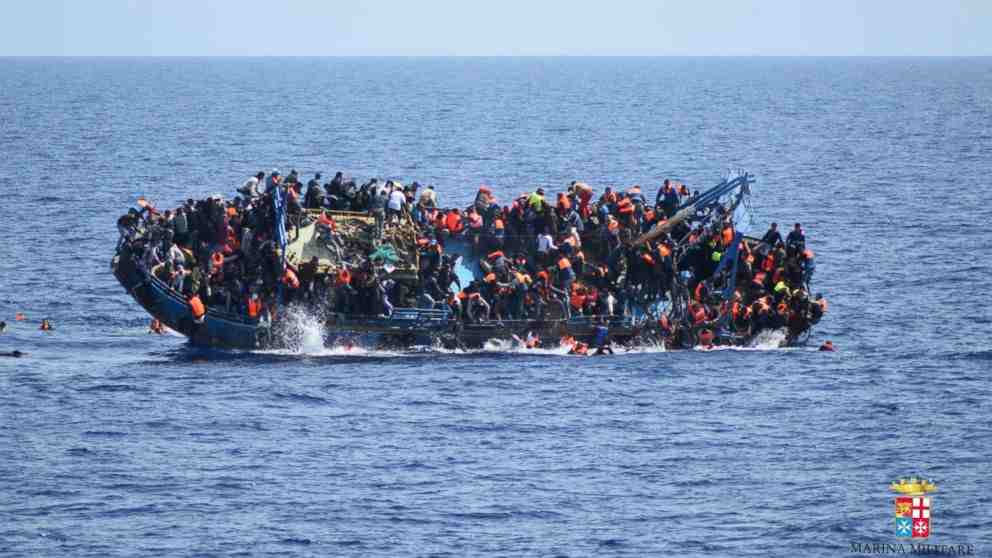The Tunisian coast guard recently announced that 14 migrants from sub-Saharan African countries had drowned, and 54 others had been rescued after their boat sank off the coast of Tunisia. The shipwreck occurred off the coast of Sfax on Wednesday night. According to the coast guard spokesman, they were able to “recover 14 bodies of migrants and rescued 54 others.”
The shipwreck highlights the risks that migrants face when attempting to cross the Mediterranean in search of a better life. Tunisia is a North African country whose coastline is less than 150 km from the Italian island of Lampedusa. It regularly records attempts by migrants to leave for Italy. According to official Italian figures, more than 32,000 migrants, including 18,000 Tunisians, arrived illegally in Italy from Tunisia in 2022.
The presence of sub-Saharan African migrants in Tunisia has been met with growing hostility from some Tunisians, who view them as a burden on the country’s already strained resources. Tunisian President Kais Saied made remarks against illegal immigration on February 21, where he said the presence of “hordes” of illegal immigrants from sub-Saharan Africa was a source of “violence and crime” and a “criminal enterprise” aimed at “changing the demographic composition” of the country.
His speech was condemned by NGOs as “racist and hateful,” and nationals of sub-Saharan African countries reported an upsurge in attacks against them. Many rushed to their embassies to be repatriated. However, in an apparent attempt to appease after the outcry over his remarks, Mr. Saied said during a meeting with the President of Guinea-Bissau, who was stopping in Tunis, that Africans in Tunisia were “brothers,” according to a video released by the Tunisian presidency.
Tunisia has over 21,000 nationals from sub-Saharan African countries, the majority of whom are in an irregular situation, which is less than 0.2% of a total population of about 12 million. Migrants in Tunisia face numerous challenges, including discrimination, lack of access to healthcare, education, and employment opportunities, and a precarious legal status. Many are forced to work in the informal sector, where they are vulnerable to exploitation and abuse. The Tunisian government has been criticized for failing to provide adequate support to migrants, including those who are in need of protection.
The recent shipwreck off the coast of Tunisia serves as a tragic reminder of the dangers that migrants face when attempting to cross the Mediterranean in search of a better life.
Image Credit: Marina Militare via AP Photo





